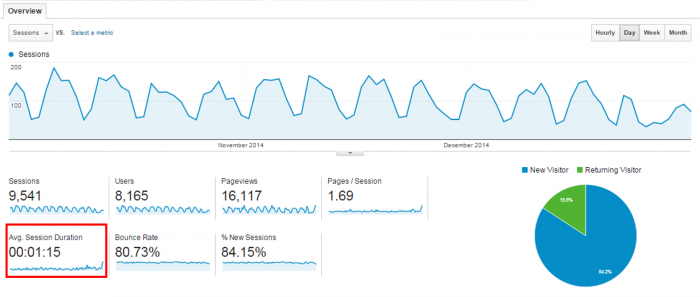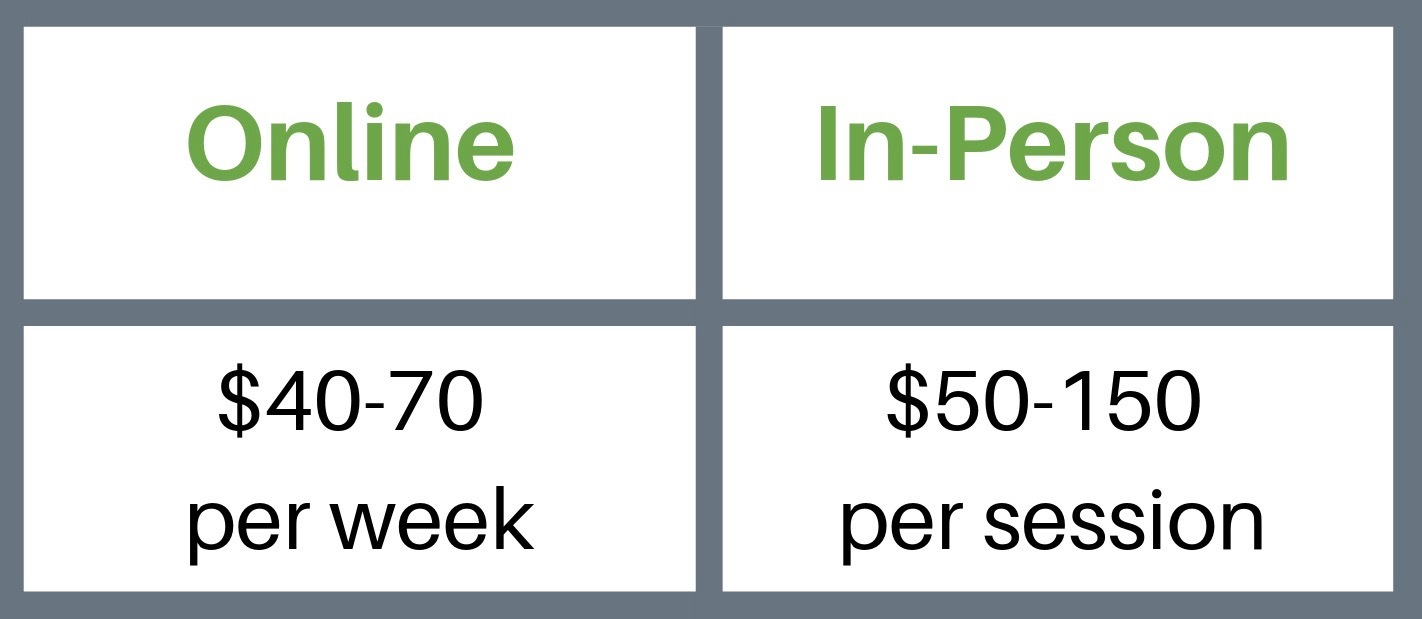

Take your local economy into consideration And conversely, the more sessions you have the more you will bring in regardless of what you charge. $70 per session and have 22 sessions per weekĪs you can see, the more you charge the fewer number of sessions it takes to meet your targeted income. $90 per session and have 17 sessions per week, or

$150 per session and have 10 sessions per week, or So in this example in order to make $50,000.00 a year you would need to charge: You would need to have around 15 sessions per week ($1508.42 divided by $100). Say you set a session rate of $100 per session. What this means is that you will need to bring in a total of $72,404.00 (gross income) to have a salary (take home pay or net income) of $50,000.00. Here are some hypothetical monthly expenses to think about: So, you also need to think about overhead or expenses. So let’s divide by 48 weeks of course which gives you four weeks off. $50,000 ÷ 52 weeks = $961.54 income per week needed.īut you would probably want to take some vacation time in there. So let’s start with that figure and work backwards. The place that makes sense to start is to first look at where you need to be financially to have a comfortable salary and cover your expenses (overhead).Īssume you want to make $50,000 salary a year. In setting fees, I think it is helpful to “work backwards”. Fortunately though, I think that is changing as people become more and more aware of what we provide and offer in the helping field. The truth is, as a profession, mental health practitioners do tend to be underpaid for the level education and expertise they possess. Our mindsets can sometimes undermine us into thinking we only deserve to have a minimum amount. In many ways, the messages and mindsets that many of us have been given about money are centered around the idea that money is scarce and that “you only get what you deserve” or earn. Things like, “never waste money” “be thrifty” “money doesn’t grow on trees!” “look for the bargains” “buy it on sale”, etc. Most of us grew up with different messages about money. So one exercise I think is helpful to do from the beginning is to look at how you tend to think about money. And what most of us at the conference realized and wrestled with is that we really were not charging enough or in proportion to our value as therapists and counselors.

The session also focused on being able to work through some of the stigmas we have about our fees as counselors and therapists.
Average cost therapy session how to#
The focus of the session was not so much about how to set fees as it was about our relationship with money and our mindset about fees. One of the most valuable breakout sessions was on setting our fees as therapists. I recently attended a wonderful conference in Asheville, NC, “ Brew Your Practice ”, hosted by Joe Sanok, Jane Carter and Alison Salmon Puryear. After all, you have invested years into education and training to become a counselor and you should be paid a fair rate for your expertise, time and effort with clients.

Your per session rate has profound effect on your success as a business and the ROI (return on investment) of your time, knowledge and talent as a therapist. One of the many decisions anyone going into or growing their private practice as a therapist or counselor needs to think about is how to set your fees and session rates.


 0 kommentar(er)
0 kommentar(er)
